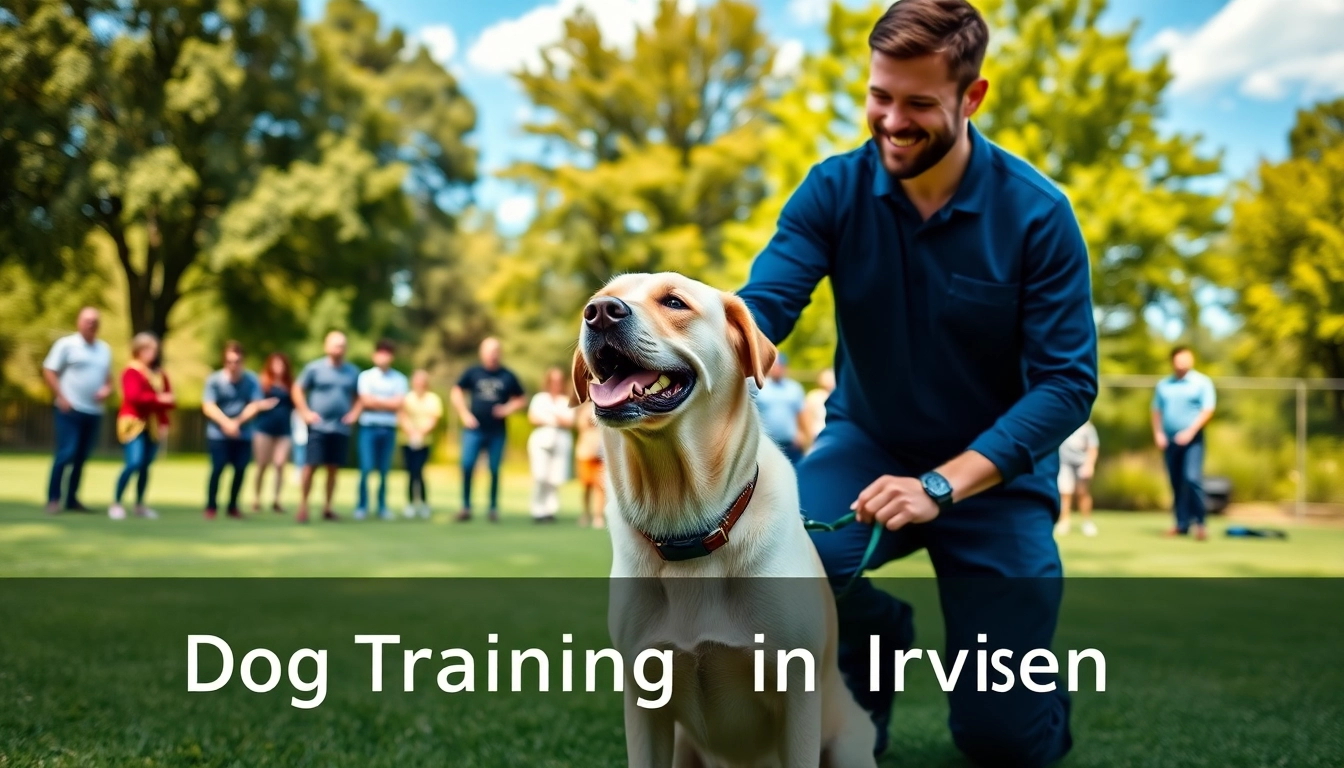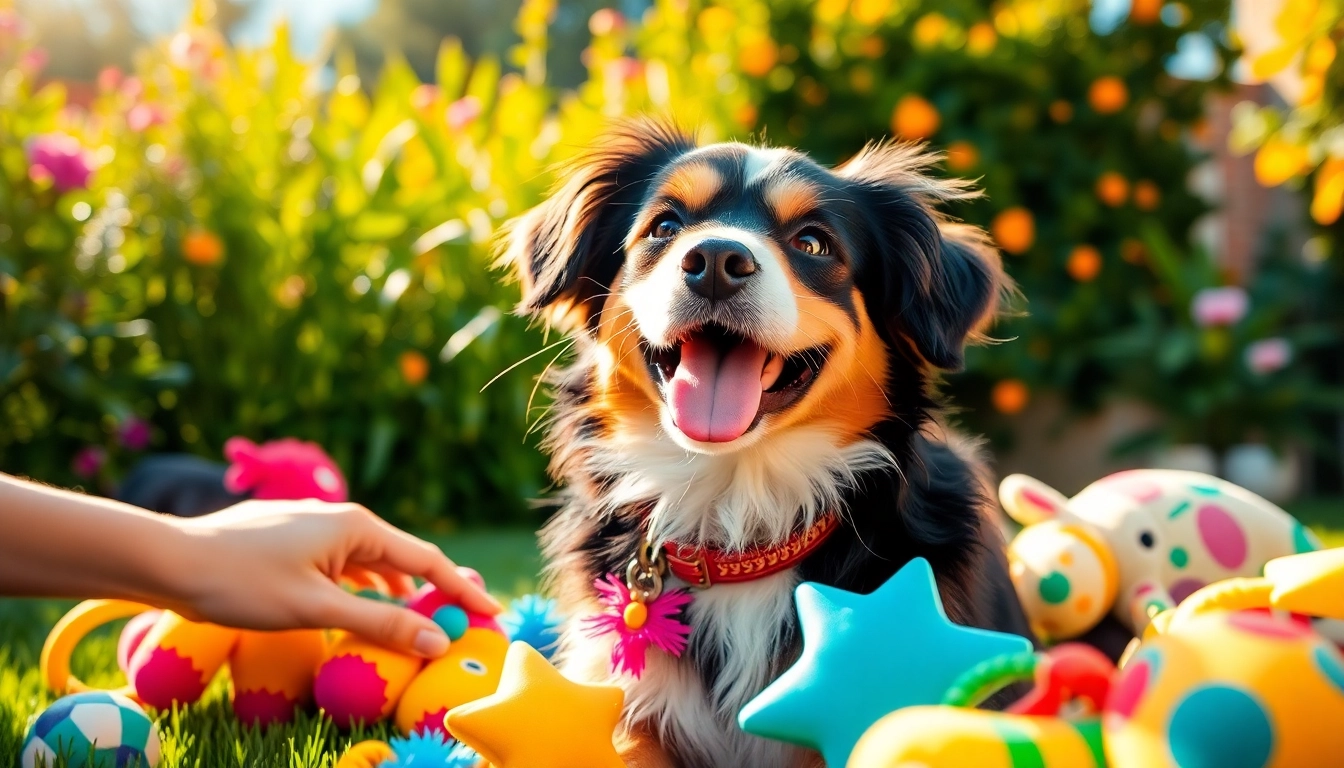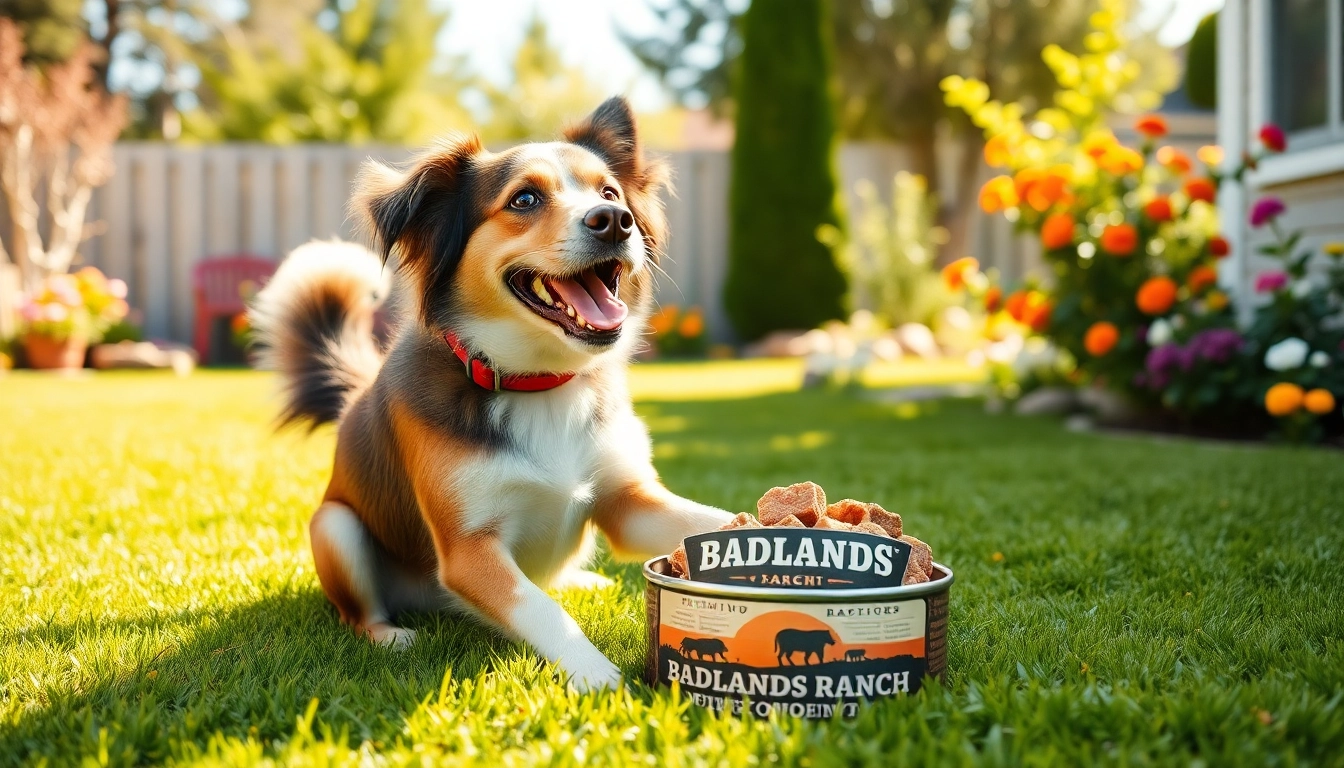Understanding Dog Training Fundamentals
Dog training is a vital aspect of dog ownership that directly contributes to a harmonious relationship between the owner and their pet. The significance of implementing a well-structured dog training regime cannot be overstated. It lays the groundwork for behavioral expectations and social interactions. In regions like Irvine, California, dog owners have access to various resources and training options to ensure their furry companions become well-behaved members of society. Dog Training Irvine provides insights into the best practices and tailored training solutions suitable for every dog and their owner.
The Importance of Positive Reinforcement
One of the fundamental principles in modern dog training is the technique of positive reinforcement. This method encourages desirable behaviors by rewarding them, which can be much more effective compared to traditional punishment-based approaches. Positive reinforcement involves offering something favorable (treats, praise, playtime) when the dog exhibits the desired behavior. Over time, this builds a strong association in the dog’s mind between the behavior and the reward, leading to a higher likelihood of the behavior being repeated.
In Irvine, many dog trainers emphasize positive reinforcement techniques, which can significantly improve the bond between the owner and the pet. Trainers also report that this method reduces anxiety in dogs, creating a more conducive learning environment.
Common Dog Behavior Issues and Solutions
Dogs, like humans, can exhibit a range of behavioral issues that can disrupt their daily lives and their owners. Common problems include excessive barking, chewing, jumping on guests, and aggression. Each of these issues can often be traced back to a lack of proper training or insufficient socialization.
- Excessive Barking: This can stem from boredom or anxiety. Solutions include providing engaging toys, regular exercise, and training commands like “quiet”.
- Destructive Chewing: Often a sign of stress or boredom. Providing appropriate chewing toys and increasing physical activity can address this behavior.
- Jumping on Guests: Teaching a consistent command such as “off” or encouraging calm greetings can help manage this issue.
- Aggression: This may require a specialized approach, often involving redirecting the dog’s focus and gradual desensitization to the stimuli causing aggression.
Choosing the Right Training Method for Your Dog
Selecting the appropriate training method is essential for tailoring the training approach to meet your dog’s needs effectively. While some dogs respond well to structured training sessions, others may thrive in a more relaxed environment. Popular training methodologies include:
- Clicker Training: This utilizes a device that makes a clicking sound to signal to the dog that they are performing a desired behavior, followed by a reward.
- Crate Training: This method focuses on using a crate as a safe space for the dog while teaching house training at the same time.
- Leash Training: Essential for teaching dogs how to walk politely on a leash without pulling.
Popular Dog Training Techniques in Irvine
The landscape of dog training in Irvine brings diverse techniques that can cater to the unique needs of various breeds, ages, and specific behavioral challenges. Here are some widely used training techniques that are gaining popularity among trainers in the area:
Obedience Training Techniques Explained
Obedience training is often the foundation of successful dog training. This training focuses on teaching dogs basic commands such as sit, stay, come, and down. Many trainers adopt a systematic approach to obedience training, gradually increasing complexity as the dog masters each command. For instance:
- Basic Commands: Initial commands are taught in short training sessions, ideally between 5 to 10 minutes, so the dog remains engaged.
- Duration and Distance: Once a dog can perform a command, trainers add duration (how long the dog must perform the command) and distance (how far the owner can be while the dog remains in position).
Socialization: Key to a Well-Behaved Dog
Socialization is the process of exposing your dog to various environments, people, and other animals in a positive manner. This exposure helps prevent behavioral issues and ensures that dogs learn to navigate everyday situations. In Irvine, socialization classes are increasingly common, where dogs have the chance to interact with peers under controlled circumstances.
Effective socialization training includes:
- Encouraging positive interactions with other dogs during play sessions.
- Exposing dogs to different environments, such as parks, stores, and neighborhoods.
- Encouraging interactions with strangers in a safe and controlled way.
Advanced Training: Tricks and Commands
Advanced training goes beyond basic obedience and often includes teaching dogs new tricks or specialized commands. This can include everything from simple tricks like roll over to complex tasks like service dog work. The benefits of engaging your dog in advanced training include:
- Enhanced mental stimulation for the dog.
- Improved bond between owner and pet.
- Opportunities for owners and dogs to participate together in dog sports or performances.
Selecting a Dog Trainer in Irvine
Choosing the right dog trainer is crucial to achieving success in your training goals. In Irvine, numerous trainers offer different specializations and training methodologies. Here’s how to find a suitable trainer for your dog:
Qualities to Look for in a Professional Trainer
Not all trainers are created equal. When searching for a dog trainer, consider the following qualities:
- Certification: Look for trainers who hold certifications from reputable organizations such as the Association of Professional Dog Trainers (APDT) or the Certification Council for Professional Dog Trainers (CCPDT).
- Experience: A trainer with extensive experience in handling a variety of breeds and issues will likely be more effective.
- Positive Attitude: A trainer who values a positive, reinforcement-based approach contributes to a better learning environment.
Questions to Ask During Your Consultation
Before committing to a trainer, it’s important to ask pertinent questions that can offer insights into their training philosophy and methods. Here are some suggested questions:
- What training techniques do you use, and why?
- Can you provide references or client testimonials?
- What should I expect for my dog’s training plan, and what goals can we set?
Local Reviews and Recommendations
In an age where information is readily available, local reviews can provide invaluable insights into a trainer’s reputation. Platforms like Yelp and Google Reviews are excellent resources for learning about others’ experiences with specific trainers in Irvine. Additionally, seeking recommendations from fellow dog owners can lead you to reputable trainers who have a successful track record.
Dog Training Classes Available in Irvine
The wide variety of dog training classes available in Irvine serves the diverse needs of dogs and their owners. From foundational obedience training to advanced behavioral readjustment, classes can significantly enhance the learning experience for both parties.
Group Classes vs. Private Sessions
When deciding between group classes and private sessions, it’s important to consider your dog’s specific needs, learning style, and socialization levels. Group classes are beneficial for teaching dogs to interact with other dogs and people, while private sessions allow for a customized approach tailored to address specific issues.
Benefits of Puppy Training Classes in Irvine
Puppy training classes are particularly vital for young dogs as they provide early exposure to training techniques and socialization skills. Classes typically cover basic commands, housebreaking techniques, and social interactions with both dogs and humans, setting the foundation for a well-behaved adult dog. Moreover, early training can minimize the development of behavioral problems later in life.
Specialized Training Programs for Specific Breeds
Some training facilities offer specialized programs tailored to specific breeds and their typical behavioral traits. For instance, a program for specific large breeds may focus on managing energy levels and ensuring appropriate interactions with children or other pets. Meanwhile, training for smaller breeds might concentrate on socialization and accident prevention due to their unique requirements.
Measuring Success in Dog Training
Tracking the progress of your dog’s training is essential in recognizing areas of success and identifying issues needing further attention. This can be accomplished through measurable goals and consistent feedback.
Setting Realistic Goals and Expectations
Success in dog training is significantly influenced by setting achievable, realistic goals. Each dog is unique, and training should be adapted to accommodate individual personalities and learning speeds. For example, a goal of “my dog will sit on command” can be established and evaluated after two weeks of consistent training sessions, leading to further goals once achieved.
Tracking Progress and Making Adjustments
Keeping a record of training sessions, including what worked and what didn’t, can help in assessing the effectiveness of training methods. Additionally, trainers and owners should remain flexible and willing to adjust techniques when necessary, ensuring the best outcomes for their canine companions.
Celebrating Milestones and Success Stories
Celebrating both small and large achievements can motivate both owners and dogs throughout the training process. Recognizing milestones not only reinforces positive behaviors in dogs but also strengthens the bond between owner and pet. Sharing success stories with friends, family, and fellow dog owners can foster community support and inspire others embarking on their own training journeys.



